During Israeli Prime Minister Benjamin Netanyahu’s visit to Hungary, Prime Minister Viktor Orban announced that Hungary would withdraw from the ICC. Castel pointed out that the principle of complementarity, which underpins the ICC’s jurisdiction, clearly states that the Court has no authority in countries with independent and effective judicial systems.

Castel: A Globalist Attempt
In the video, Robert C. Castel explains the potential motives behind the ICC's actions.
So why is the ICC doing this?
He poses the rhetorical question. His answer: "Some politicians are inconvenient in the eyes of the globalist elite, and this current case is a test case — an attempt to use international law as a political weapon to remove democratically elected leaders who are not aligned with globalist agendas."
This is an attempt to make the first such leaders disappear. And if they succeed, many others will follow,
Castel warned.
He claims that lawfare — the use of legal systems and institutions for political ends — has reached a new level when democratically elected leaders have charges brought against them at the international level. It is especially alarming, he says, that the ICC is not required to make arrest warrants public, meaning a Hungarian official could suddenly be surprised by such a document during a foreign visit.
They could suddenly pull out that arrest warrant like a rabbit from a hat, and just like that, we’d be in a completely different political reality,
he cautioned. Castel strongly urged nations not to cooperate with such politically motivated actions, but rather to resist them. If this initial attempt proves successful for the ICC, he believes the unelected global elite will feel empowered to try and remove more political figures through judicial and international institutions. The video can be viewed at this link.
Cover photo: Hungary's Prime Minister Viktor Orban receives Israeli Prime Minister Benjamin Netanyahu at his office in the Carmelite Monastery in Budapest, April 3, 2025 (Photo: AFP)


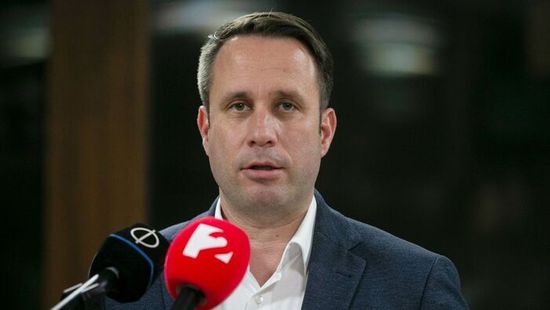
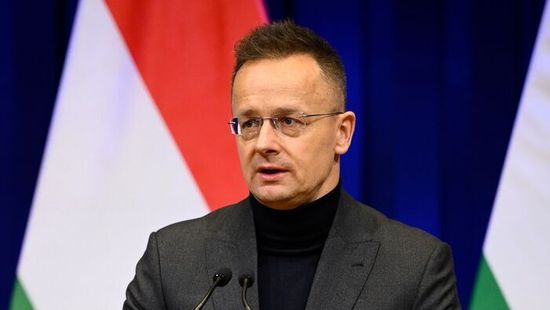









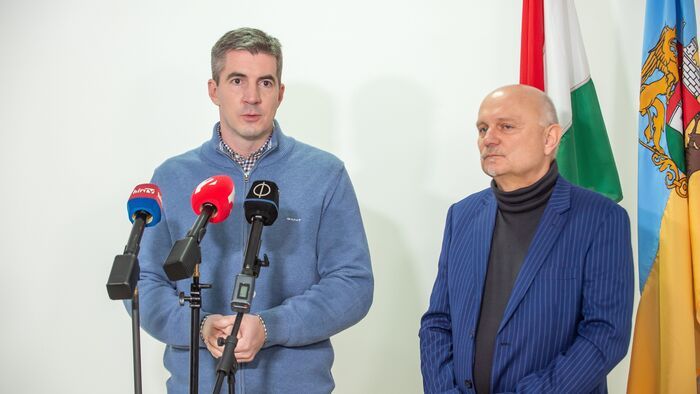

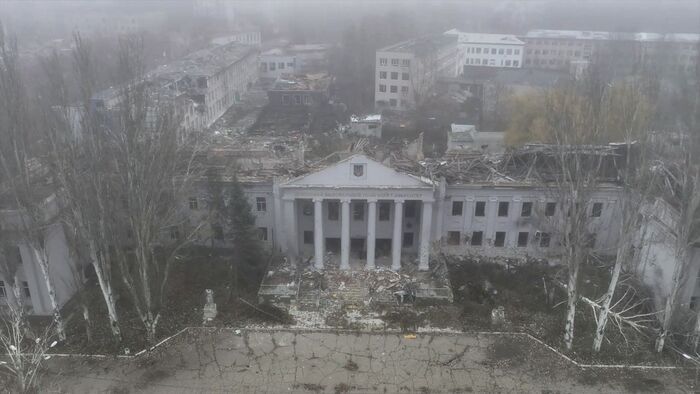

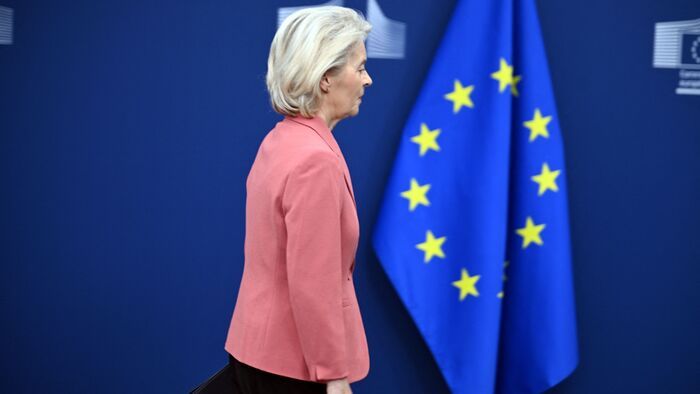


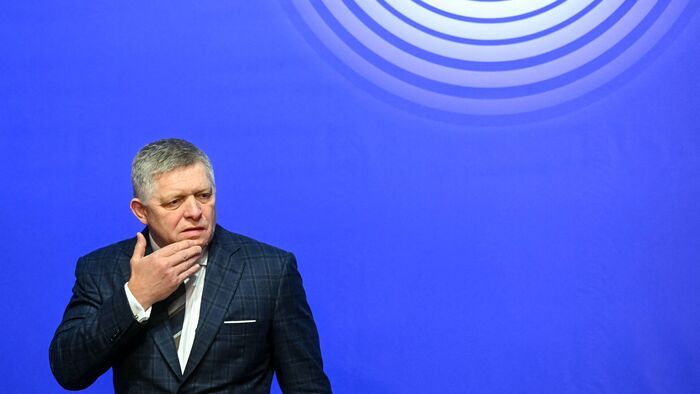


Szóljon hozzá!
Jelenleg csak a hozzászólások egy kis részét látja. Hozzászóláshoz és a további kommentek megtekintéséhez lépjen be, vagy regisztráljon!